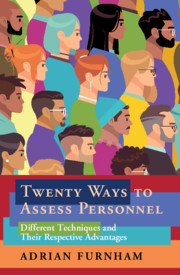In two studies, we tested the power of revenge as a justification mechanism thatenables people to cheat with a clear conscience. Specifically, we explored theeffects of prior dishonesty and unfairness towards participants on theirsubsequent moral behavior, as well as the physiological arousal associated withit. To this end, we employed a two-phase procedure. In the first phase,participants played one round of a bargaining game (the Ultimatum game in Study1 and the Dictator game in Study 2) in which we manipulated whether the playershad been treated (un)fairly and (dis)honestly by their opponent. In the secondphase, they did a perceptual task that allowed them to cheat for monetary gainat the expense of their opponent from the first phase. In Study 1, participantsalso took a lie detector test to assess whether their dishonesty in the secondphase could be detected. The behavioral results in both studies indicated thatthe opponent’s dishonesty was a stronger driver than theopponent’s unfairness for cheating as a form of retaliation. However, thephysiological arousal results suggest that feeling mistreated in general (andnot just cheated) allowed the participants to get revenge by cheating theoffender while dismissing their associated guilt feelings.
